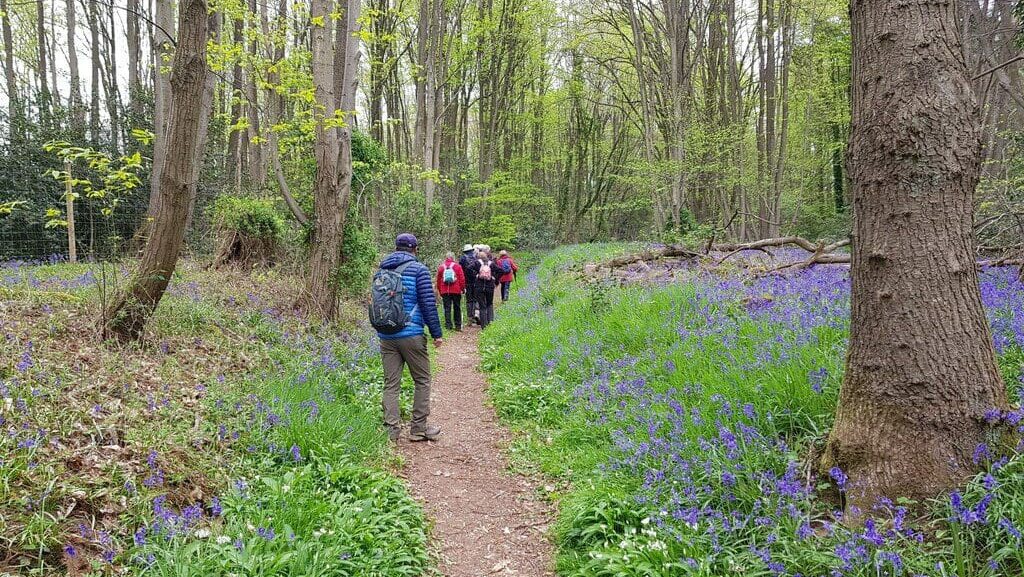The Mainstreaming of Social Science in Environment Policy and Practice (MOSSEPP) project aims to help natural environment policy and practice (EPP) organisations benefit from improved integration of environmental social sciences (ESS)[1]. Meaningful integration will be achieved where social sciences are embedded in the design, implementation, monitoring, and assessment of EPP, with EPP organisations benefiting from access to diverse insights from the ESS.
MOSSEPP, led by Forest Research social scientists, will further the impact and use of ACCESS learning and resources through working with the UK cross-governmental Natural Environment Social Research Network (NESRN)* and third-sector partners, delivering measurable improvements to the mainstreaming of the social sciences and improving the ability of EPP organisations to address complex environmental challenges.
MOSSEPP is funded by the ESRC Knowledge Exchange Uplift Fund.
* NESRN comprises environmental social scientists and those who commission environmental social sciences from across government departments and agencies in Great Britain. The Environment Agency, Forest Research, Natural England, Natural Resources Wales and NatureScot are NESRN members who are also partners on the ACCESS project.
The project team
The core project team is led by Forest Research scientists and comprises:
- Dr Beth Brockett (Project Lead, ACCESS Co-Investigator, Forest Research)
- Prof. Birgitta Gatersleben (Project Co-Investigator, ACCESS Co-Director, University of Surrey)
- Jordan Rydlewski (Project Co-Investigator, Forest Research)
- Dr Carol Morris (Project Co-Investigator, University of Nottingham)
Case-study partners
We will work closely with identified colleagues from 4 EPP organisations – our ‘case-study partners’:
- British Geological Survey
- Met Office
- Marine Management Organisation
- Natural England
The project network
Colleagues from five other EPP organisations have helped us to shape the project:
- Environment Agency
- NatureScot
- RSPB
- Natural Resources Wales
- Defra
Together, with ACCESS, these organisations, plus colleagues from the Office for Environmental Protection, Joint Nature Conservation Committee and Centre for Environment Fisheries and Aquaculture Science, make up the ‘project network’ and they will support the process and share the learning and outputs from each case study for wider reach and impact, including adapting them for their own use.
The case studies
The first stage of the project will confirm the specific impact/s each of the 4 case study partners wish to see from the knowledge-exchange project and how these impact/s will be measured.
Capacity building
We will be adapting ACCESS learning, resources and expertise to deliver a bespoke package of capacity-building measures and activities for our case-study partners, this may include:
- Workshops
- Shadowing opportunities
- Signposting to training in social sciences for colleagues
The MOSSEPP project will run from June 2025 to December 2026.
For more information about MOSSEPP, please contact us at: info@accessnetwork.uk
[1] The opportunities and benefits from better integrating environmental social sciences within environmental policy and practice and the challenges faced in doing so has been recorded as part of a recently completed 5-year participant action research project led by NESRN; Morris et al., 2024

